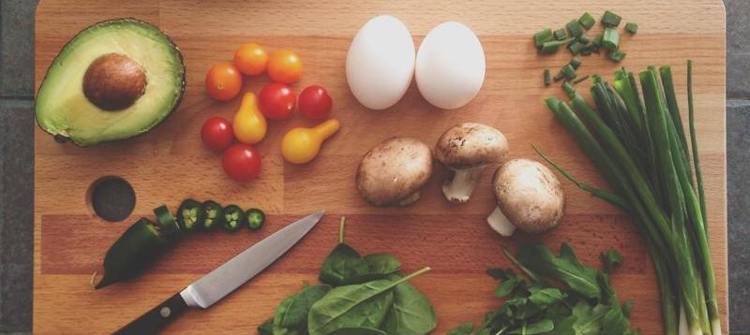- Home
- Latest
- News
- Healthy Eating Week
Healthy Eating Week
Back
14th - 18th June is Healthy Eating Week Eat Well Guide
Eat at least 5 portions of a variety of fruit and vegetables a day: Aim to eat at least 5 portions of a variety of fruit and veg each day. Choose from fresh, frozen, tinned, dried or juiced.
Base meals on potatoes, bread, rice, pasta or other starchy carbohydrates: Starchy food should make up just over a third of the food we eat. Choose higher fibre wholegrain varieties, such as wholewheat pasta and brown rice, or simply leave skins on potatoes.
Have some dairy or dairy alternatives (such as soya drinks and yoghurts): Milk, cheese, yoghurt and fromage frais are good sources of protein and some vitamins, and they're also an important source of calcium, which helps keep our bones healthy
Eat some beans, pulses, fish, eggs, meat and other protein: These foods are good sources of protein, vitamins and minerals. Pulses, such as beans, peas and lentils, are good alternatives to meat because they're lower in fat and higher in fibre and protein, too. Aim for at least 2 portions of fish every week, 1 of which should be oily, such as salmon or mackerel.
Drink plenty of fluids – the government recommends 6 to 8 cups or glasses a day: Water, lower-fat milks and lower-sugar or sugar-free drinks, including tea and coffee, all count.
Avoid where possible
Choose unsaturated oils and spreads, and eat in small amounts: Unsaturated fats are healthier fats and include vegetable, rapeseed, olive and sunflower oils.
Eat small amounts of foods high in fat, salt and sugar and less often: These foods include chocolate, cakes, biscuits, sugary soft drinks, butter, ghee and ice cream. They're not needed in our diet, so should be eaten less often and in smaller amounts.
For more information, including details of which foods are included in the food groups, download Public Health England's booklet about the Eatwell Guide from GOV.UK.

